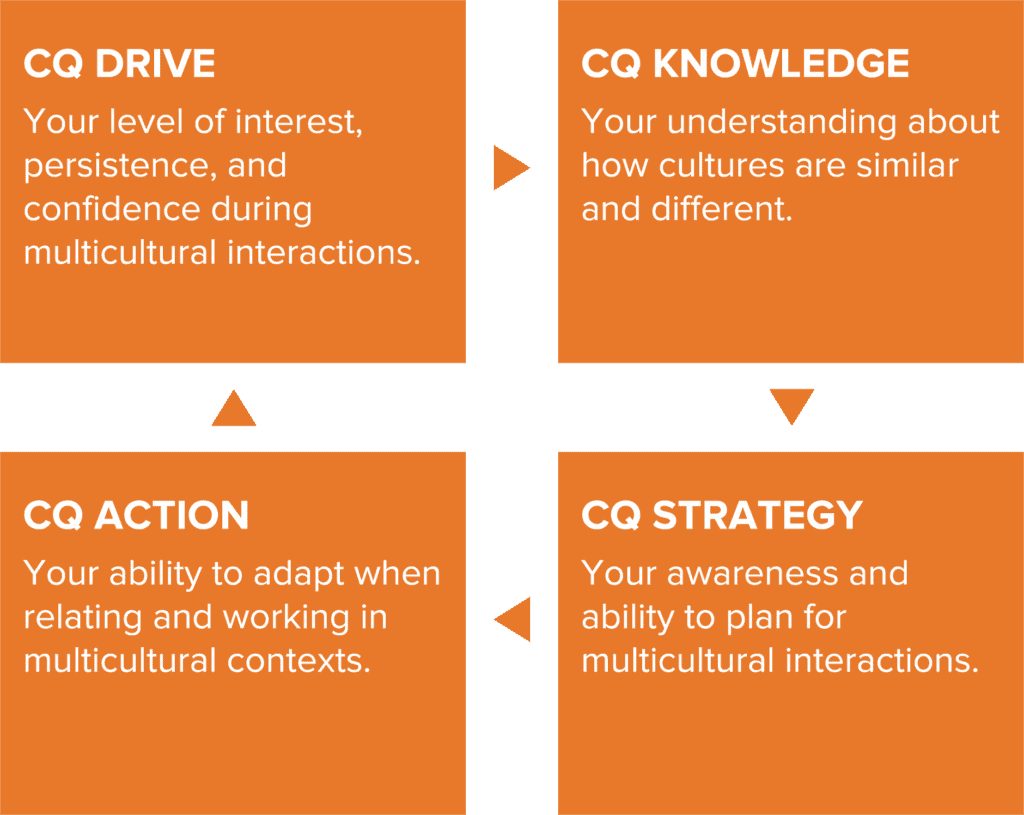The Importance of Cultural Sensitivity in Creative Agency Campaigns on Social Media
Meta Description: Explore how cultural sensitivity enhances the effectiveness of social media campaigns, safeguards brand reputation, and fosters inclusivity in today's diverse marketing landscape.
In a world increasingly interconnected through digital platforms, understanding the nuances of cultural sensitivity has never been more crucial for creative agencies. Social media campaigns that resonate deeply with diverse audiences not only drive engagement but also build lasting relationships. I'm Valentina Novak, a content marketer with over 5 years of experience in SEO, dedicated to helping brands navigate the complexities of cultural differences in their marketing strategies. In this blog, we will delve into why cultural sensitivity is essential in creative agency campaigns, providing actionable guidelines for ensuring that your messages are both respectful and effective.
Understanding Cultural Sensitivity
Cultural sensitivity entails an awareness of and respect for the various customs, beliefs, and practices of different cultural groups. It encompasses empathy and understanding that help prevent potential misinterpretations or offenses. This is distinctly different from cultural appropriation, which refers to the borrowing of elements from another culture, often without permission or understanding of their significance.
Understanding cultural sensitivity is key in today’s diverse marketplace. As brands target a broad audience through social media, they must acknowledge and appreciate cultural differences to avoid missteps that could lead to public backlash or reputational damage.
Importance of Cultural Sensitivity in Social Media Campaigns
1. Raising Awareness and Education
The primary purpose of this blog is to raise awareness about the crucial role cultural sensitivity plays in the effectiveness of social media campaigns. Many creative agencies may inadvertently overlook cultural nuances, leading to campaigns that may be misinterpreted or, worse, deemed offensive.
2. Guidance for Best Practices
Creative agencies often seek practical insights to enhance their marketing strategies. This blog serves as a guide to instilling cultural sensitivity into campaigns. By outlining best practices, agencies can connect more authentically with a diverse audience.
3. Mitigation of Risks
Campaigns that lack cultural sensitivity can lead to significant consequences, including public backlash and financial losses. According to a study by Adobe, 61% of consumers reported unfollowing brands on social media due to cultural insensitivity. Thus, acknowledging cultural contexts is essential to safeguarding the interests of both the agency and their clients.
4. Enhancing Brand Image
Brands that demonstrate cultural awareness tend to resonate better with consumers. A Nielsen report found that 67% of consumers preferred brands that actively promote diversity and inclusion in their advertising. Cultural sensitivity not only helps avoid conflicts but also strengthens brand identity.
5. Fostering Inclusivity
With an increasing emphasis on diversity and inclusion, promoting cultural sensitivity contributes to a more inclusive marketing landscape. This ultimately benefits both society and business.
6. Authentic Engagement with Target Audiences
Social media serves as a platform for diverse voices, and sensitivity can facilitate genuine engagement. Campaigns grounded in cultural understanding result in higher resonance, interaction, and loyalty from the audience.
7. Supporting Global Perspectives
As brands expand internationally, understanding cultural dynamics becomes essential. This blog acts as a resource for agencies looking to adapt their campaigns for global markets.
Key Statistics and Case Studies
Successful Campaigns
- Nike’s “Equality” Campaign: This campaign emphasized inclusivity and respect across various cultures, garnering positive responses and increased engagement.

Culturally Insensitive Campaigns
- Pepsi’s 2017 Advertisement: Featuring Kendall Jenner, this campaign faced substantial backlash for trivializing social justice movements, resulting in its withdrawal within hours. The misstep underlined the significance of cultural awareness in creative messaging.

Expert Insights and Recommendations
Insights from marketing professionals underscore the necessity of cultural sensitivity. For instance, cultural experts advise agencies to integrate diverse teams into campaign development or consult with cultural consultants to better understand the target audience.
Practical Guidelines for Cultural Sensitivity
- Conduct thorough research on cultural contexts and sensitivities.
- Consult with diverse teams or hire cultural consultants during the campaign development process.
- Engage with community representatives when creating content targeted at specific demographic groups.
Impact on ROI
Beyond the ethical implications, culturally sensitive marketing has measurable benefits. Research conducted by McKinsey indicates that diverse teams outperform their counterparts in decision-making and innovation. Brands that engage in culturally sensitive marketing often report higher customer loyalty and increased lifetime value.
Regulatory Considerations
Legal implications surrounding cultural representation should not be overlooked. Culturally insensitive advertising can lead to lawsuits or regulatory audits, making cultural sensitivity not just a moral necessity but a legal one as well.
Historical Context
Historical missteps in advertising highlight the need for cultural awareness. For instance, the Axe campaign, which aimed for humor but ultimately offended many, serves as a reminder of the lessons learned in progress towards more culturally aware marketing.
Tools and Resources for Gauging Cultural Sensitivity
Agencies can leverage various tools and resources to enhance cultural sensitivity, including:
- Community forums and cultural consultation services.
- Platforms like the Cultural Intelligence Center that offer training on cultural competence.

Recommendations for Continuous Learning
To foster ongoing education about cultural differences, agencies should consider engaging in workshops, webinars, or online courses available through platforms like Coursera or LinkedIn Learning. This commitment to continuous learning can significantly enhance campaign effectiveness and cultural sensitivity.
Conclusion
Cultural sensitivity is not merely a trend but a necessity in contemporary social media marketing. By understanding cultural nuances, creative agencies can create campaigns that resonate deeply with diverse audiences, mitigating risks while enhancing brand reputation.
For further insights on how to improve your campaigns with cultural sensitivity, I encourage you to explore related content on this topic, and consider subscribing to our newsletter for regular updates. Embrace the power of cultural understanding and watch your campaigns flourish!
